Opinion Editorial: Improving Healthcare for Indigenous Communities
VerifiedAdded on 2022/11/22
|5
|1119
|85
Essay
AI Summary
This opinion editorial addresses the critical healthcare disparities faced by Indigenous communities in Australia, highlighting issues such as lower life expectancy, lack of access to services, and cultural insensitivity within healthcare settings. The author, a nursing professional, emphasizes the need for improved community participation, culturally safe practices, and increased trust between healthcare providers and Indigenous populations. The essay discusses specific challenges, like unwelcoming hospital environments and poor communication, while also exploring the role of nurses in promoting health awareness, facilitating check-ups, and implementing programs to address the needs of the Indigenous community. The author stresses the importance of addressing the root causes of health inequalities and implementing trustworthy healthcare professionals to reduce gaps between hospitals and Aboriginals, ultimately working towards improving healthcare outcomes and fostering a more equitable and inclusive healthcare system. The author references several studies to support the claims made in the essay and calls for government action to improve the healthcare system for the Indigenous population.
1 out of 5
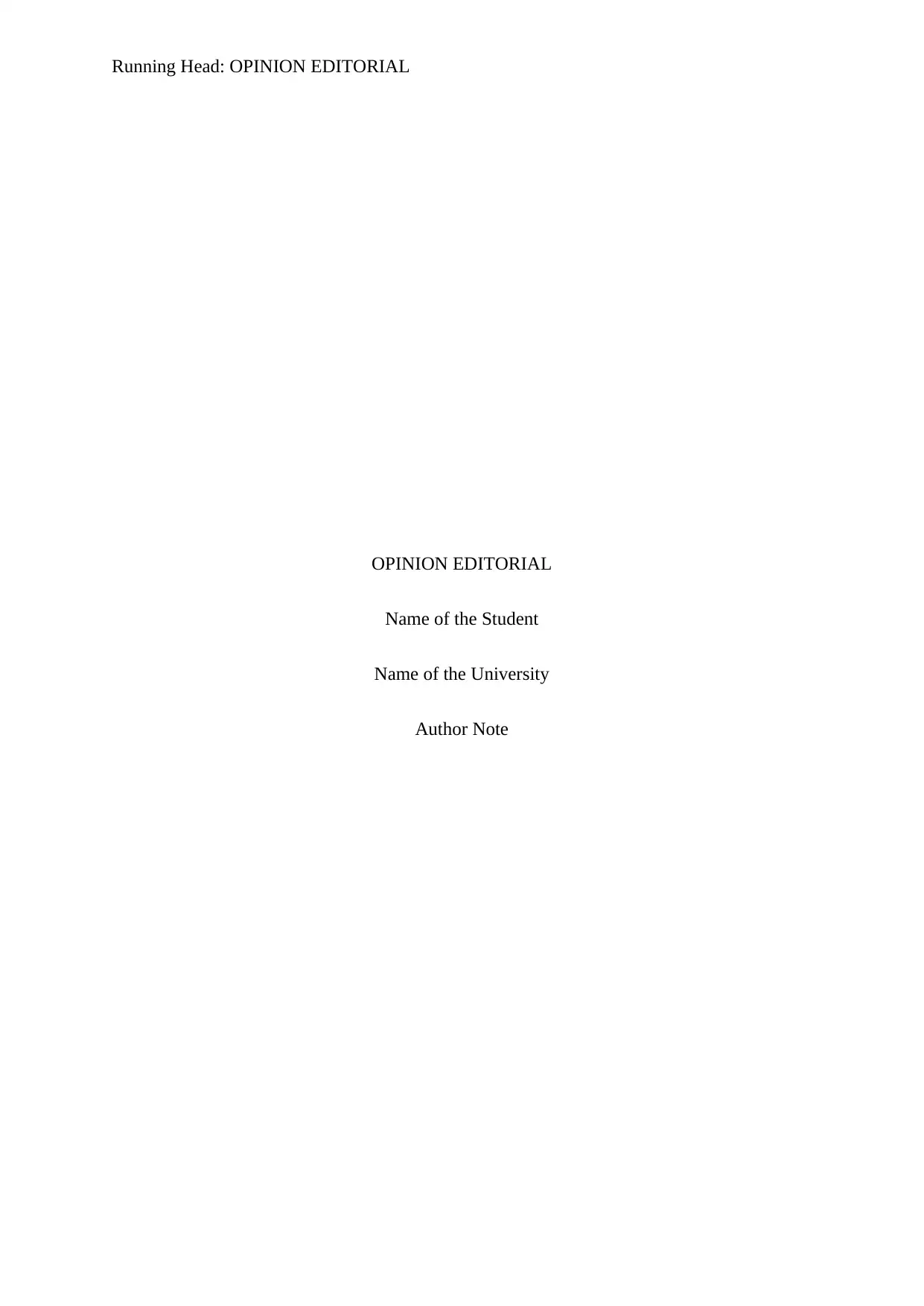
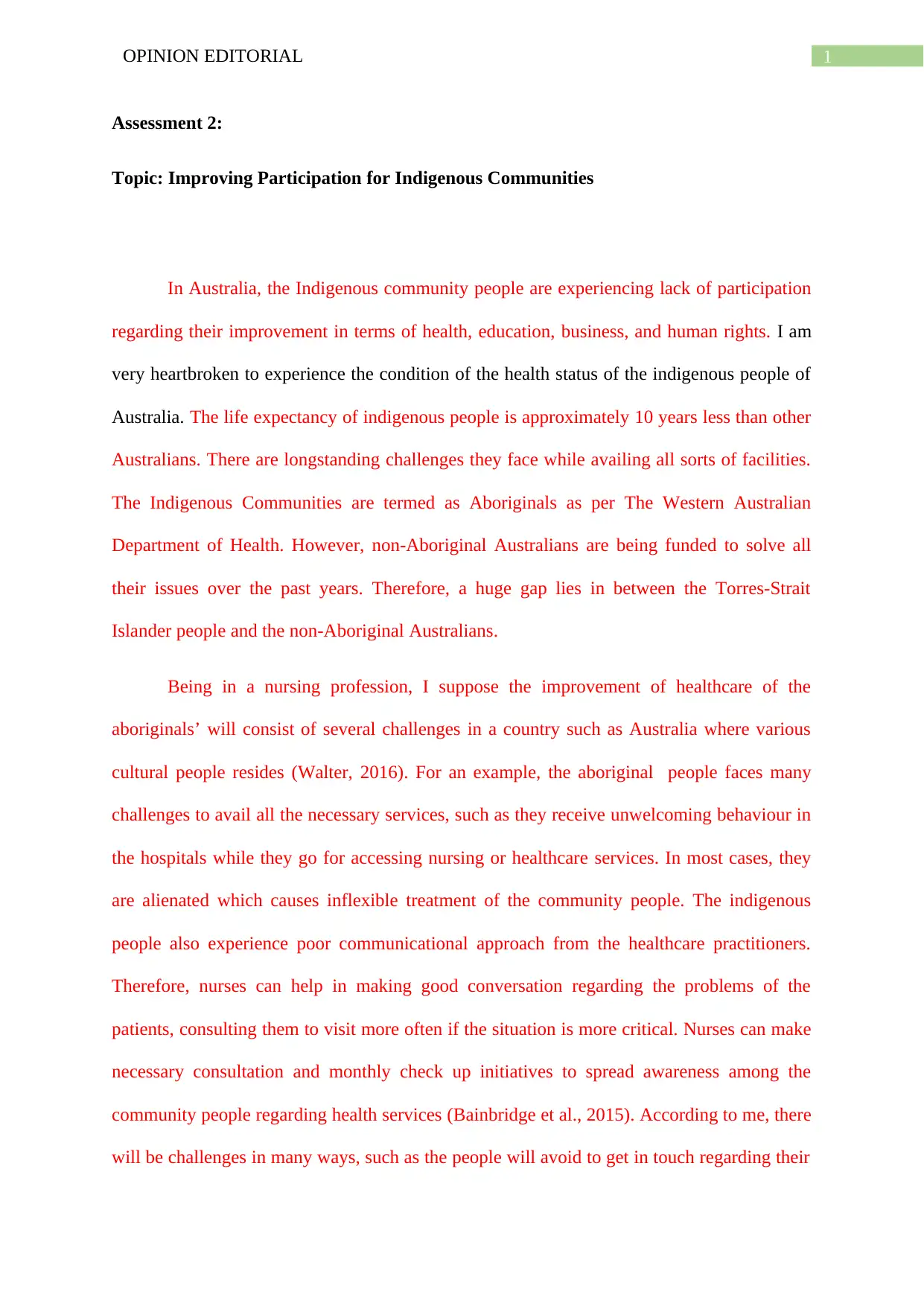
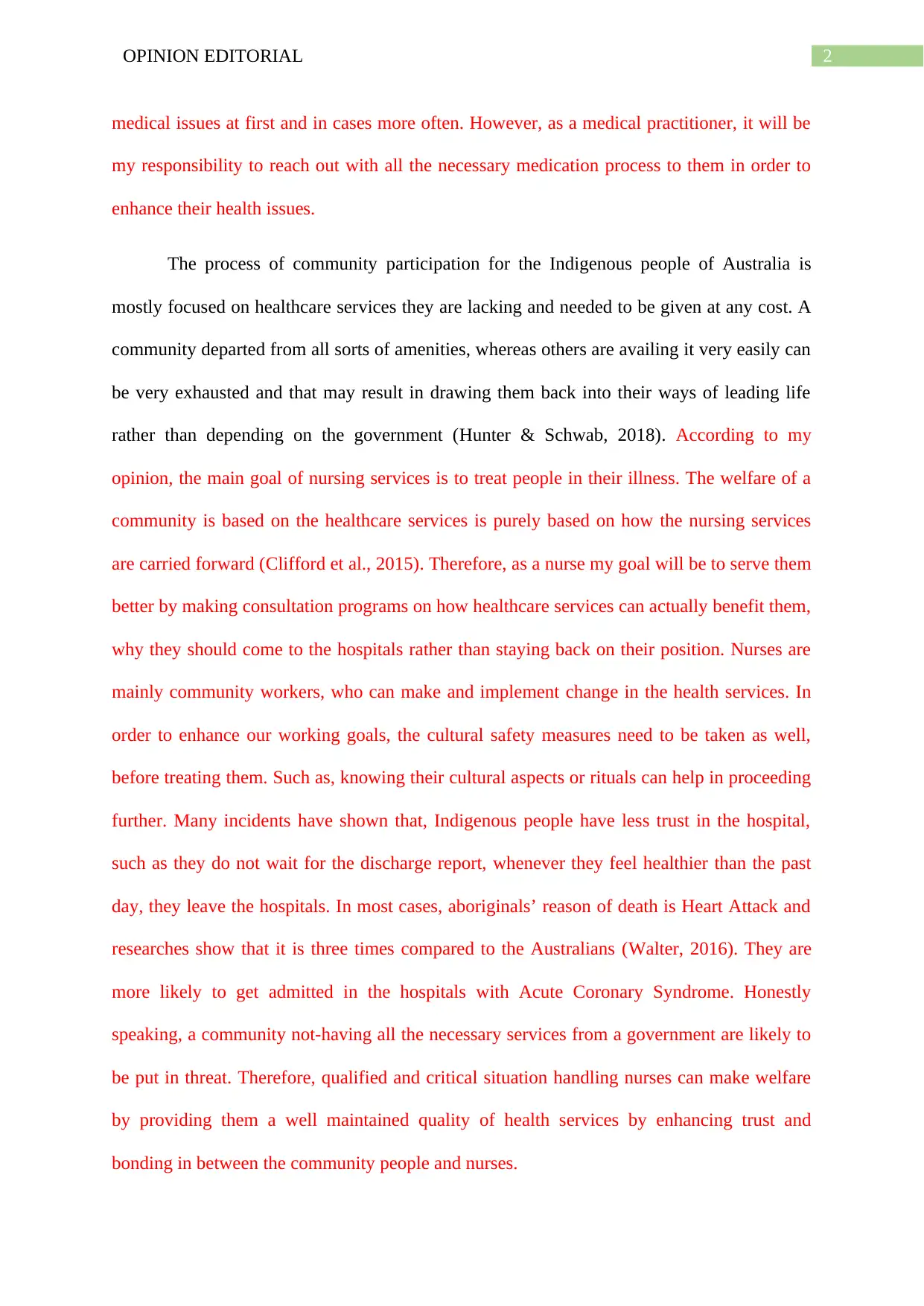

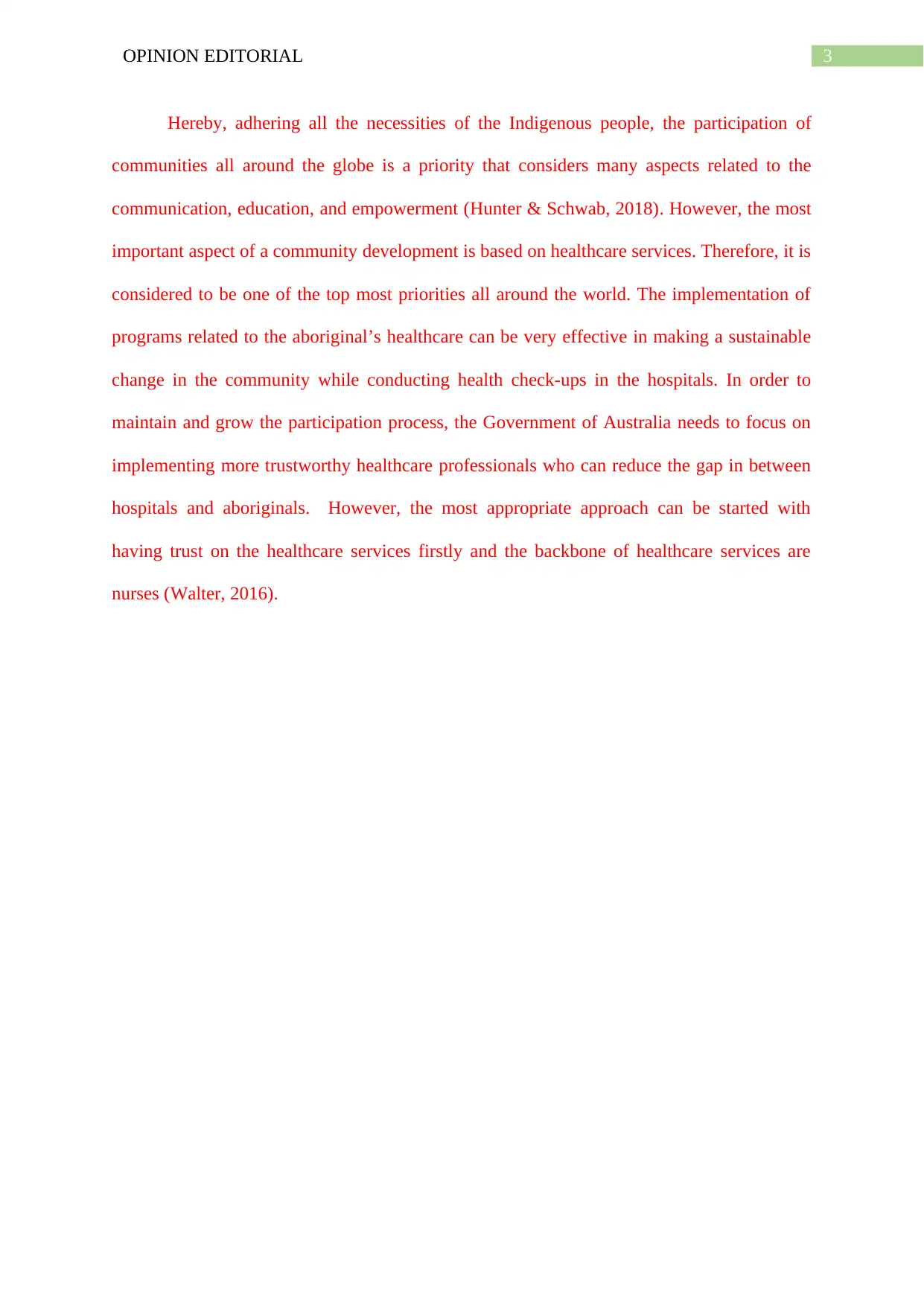
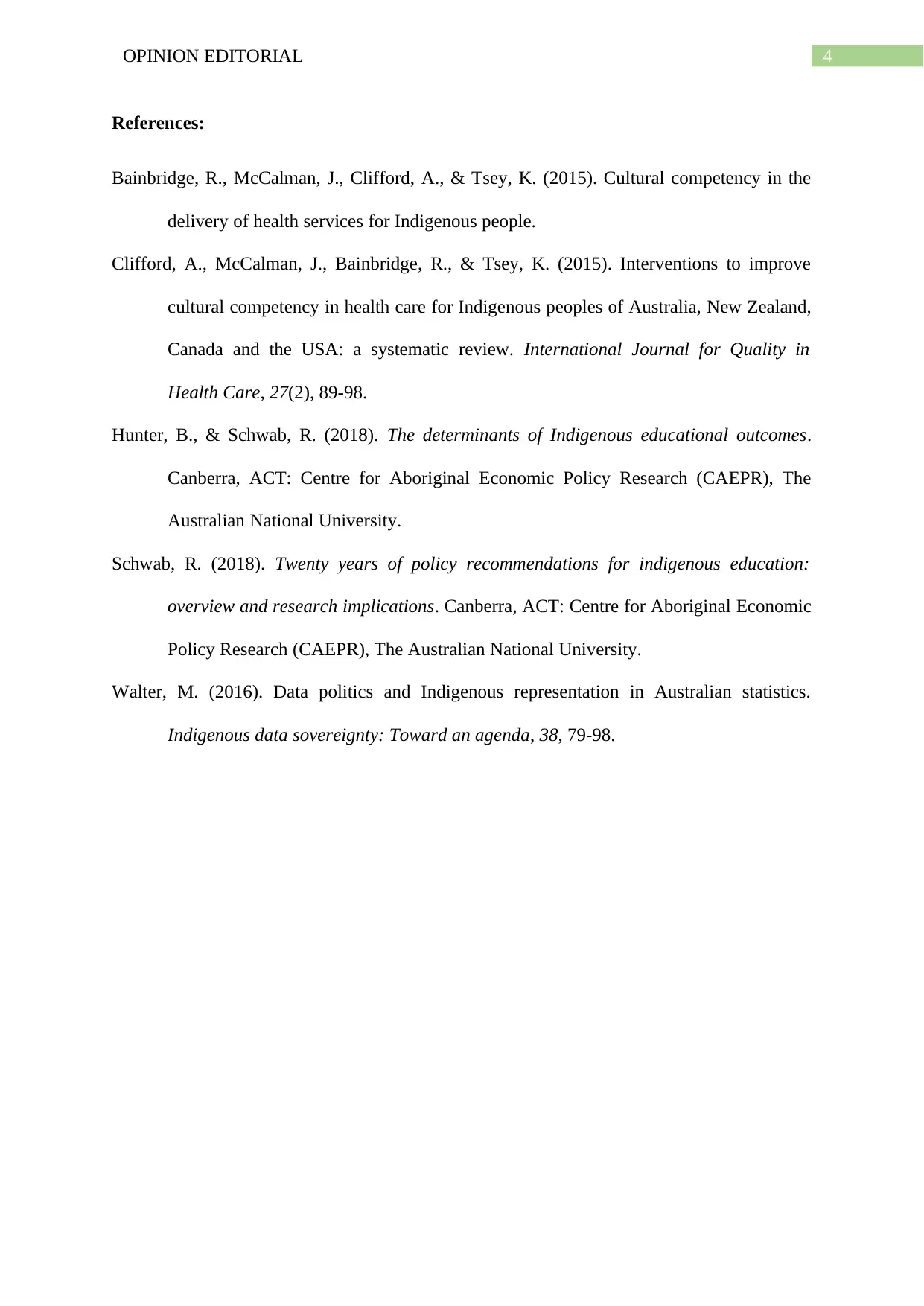






![[object Object]](/_next/static/media/star-bottom.7253800d.svg)